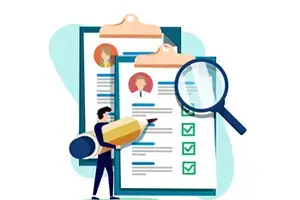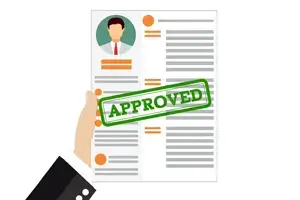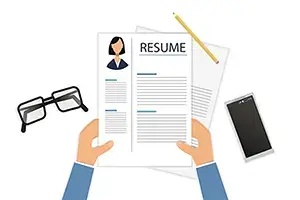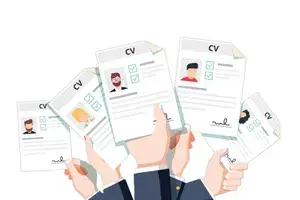Crafting Cover Letters: Navigating the Dos and Don'ts for Job Application Success
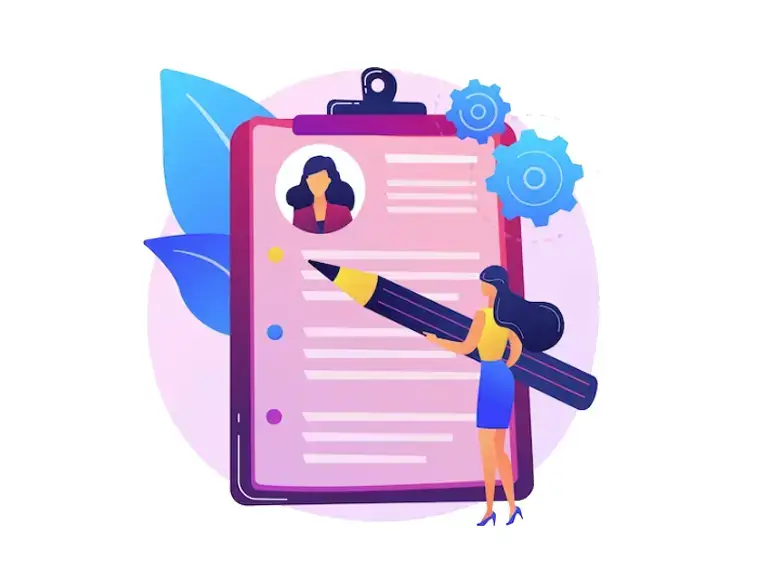
In the realm of job applications, the cover letter is your personal pitch – an opportunity to go beyond the resume and connect with potential employers on a more intimate level. Yet, the art of composing a compelling cover letter can be elusive. To help you navigate this essential aspect of job hunting, we've compiled a list of dos and don'ts that will elevate your cover letter game and increase your chances of standing out in a competitive job market.
The Dos:
1. Address the Hiring Manager by Name
Do: Take the time to research and address the cover letter to the hiring manager or recruiter by name. It adds a personal touch and demonstrates your commitment to the application.
2. Tailor Your Cover Letter to the Job
Do: Customize each cover letter for the specific job you're applying for. Highlight the skills and experiences that align with the requirements of the position. This tailored approach shows you've invested time in understanding the role.
3. Start with a Strong Opening
Do: Grab the reader's attention from the beginning. Start with a compelling opening that expresses your enthusiasm for the position or a relevant achievement that piques the employer's interest.
4. Showcase Achievements and Quantifiable Results
Do: Use the cover letter to expand on key accomplishments and provide specific examples of your impact in previous roles. Quantifiable results add credibility and emphasize your contributions.
5. Demonstrate Cultural Fit
Do: Showcase your understanding of the company's culture and values. Express how your skills and work style align with the organization, emphasizing your potential as a valuable team member.
6. Keep it Concise and Focused
Do: Keep your cover letter concise and focused. Aim for three to four paragraphs that succinctly convey your qualifications, enthusiasm, and what you bring to the table.
7. Proofread Thoroughly
Do: Proofread your cover letter meticulously to catch any grammatical errors or typos. A polished cover letter reflects your attention to detail and professionalism.
8. End with a Strong Closing
Do: End your cover letter with a strong closing that expresses gratitude for the opportunity to apply and conveys your enthusiasm for the possibility of further discussion.
The Don'ts:
1. Use Generic Greetings
Don't: Address your cover letter with generic greetings like "To Whom It May Concern" or "Dear Hiring Committee." Personalize your greeting whenever possible.
2. Reiterate Your Resume
Don't: Simply restate your resume in prose form. Use the cover letter to provide context, tell a story, and highlight aspects of your experience that go beyond the resume.
3. Overuse Jargon or Complex Language
Don't: Overcomplicate your language with industry jargon or overly complex terms. Aim for clarity and simplicity to ensure your message is easily understood.
4. Focus Solely on What You Want
Don't: Make your cover letter solely about what you want from the job. Instead, emphasize what you can contribute to the company and how your skills meet their needs.
5. Include Unnecessary Details
Don't: Include unnecessary personal details or information unrelated to the job application. Keep the focus on your professional qualifications and relevance to the position.
6. Sound Desperate or Overconfident
Don't: Convey desperation or overconfidence in your cover letter. Find a balance that communicates enthusiasm and confidence without sounding arrogant or needy.
7. Send Without a Final Review
Don't: Hit send without a final review. A last-minute check ensures your cover letter is error-free and aligns with the specific requirements of the job.
8. Forget to Follow Up
Don't: Forget to follow up after submitting your application. Express your continued interest and inquire about the next steps in the hiring process.
Conclusion
Mastering the art of cover letter writing involves a delicate balance of professionalism, enthusiasm, and customization. By adhering to these dos and avoiding the don'ts, you'll create cover letters that not only capture the attention of hiring managers but also showcase your unique value as a candidate. Remember, a well-crafted cover letter is your passport to the interview stage – make it count!
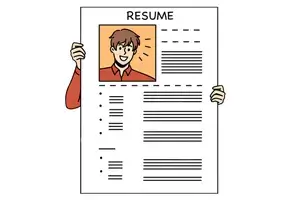 Ensuring Perfection Before You Apply
Ensuring Perfection Before You Apply









